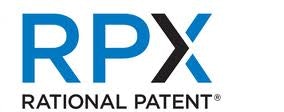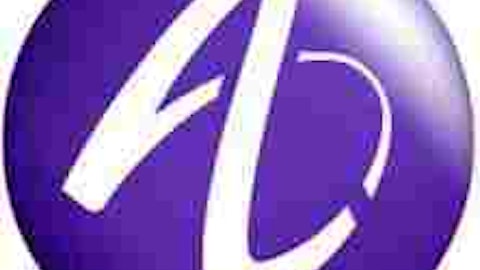San Francisco-based RPX Corp (NASDAQ:RPXC) recently announced fourth-quarter 2012 earnings that exceeded most analysts’ expectations and hinted at a period of potential growth for the small patent-protection firm. The company’s profits and revenues both grew at a healthy clip. While its gross margin decreased by a moderate amount, both its operating margins and net margins exhibited encouraging growth.
Even more importantly, the company is sitting on a massive cash hoard. Its cash per share metric currently sits near $4. Meanwhile, its liquid capital reserves of around $200 million are equal to about 30 percent of its total market capitalization. What’s more, RPX Corp (NASDAQ:RPXC) is currently devoid of debt, despite an ongoing $500 million patent-buying spree. As such, the company is in an enviable financial position and could soon put its cash reserves to work.
RPX Corporation is a specialized patent-management company that does business with inventors and commercial clients in North America and Eurasia. The company provides analysis, research and data for patent holders and applicants, as well as detailed future market analysis. However, its main services involve the wholesale purchase and leasing of certain types of valuable patents. These services are designed to reduce risk for the end-users of patents while fairly compensating their holders. RPX Corp (NASDAQ:RPXC)’s patent solutions also provide significant protection against common patent-infringement claims. Most of its clients hail from the highly-competitive technology sector. The company employs just 125 people in the Bay Area and had an EBITDA of $144.9 million on revenues of $197.7 million in 2012.
Other Players and Competitors
RPX Corp (NASDAQ:RPXC) is one of few publicly-traded patent risk management companies that operates in the United States. However, it actually operates in a fairly crowded space. In the US, Acacia Research Corporation (NASDAQ:ACTG). is in the technology patent arena. Acacia licenses and enforces patents for themselves and their clients. They own about 250 patents in the US. Compared to RPX, Acacia is quite similar from a cash and profitability point of view. Acacia has a large cash stockpile and a profit margin of 23%. Both companies have no debt and a growing bottom line.
Since patent risk management requires little more than a steady flow of capital and intelligent individuals who can accurately judge and assign risk, privately-held competitors are fully capable of posing a significant threat to RPX’s business model. In fact, Guggenheim investments operates an ETF, OTP (NYSEMKT:OTP), that is specifically designed to reward investors for the performance of the patent portfolio of one of RPX’s main rivals. OTP invests in companies like Microsoft and IBM in order to benefit from their long term growth due to their valuable patents. The NAV of this ETF is up over 11% so far in 2013.
However, RPX’s size and reputation provides it with a key advantage. The company has several high-profile risk-management partners, including Aon PLC (NYSE:AON). Aon, with its over $11 billion in revenue and a growing profit margin, is the kind of client RPX needs to retain. Clients like Aon can provide the company with a steady stream of revenue and smooth out the rockiness of the economic cycle.
Ample Cash, Little Debt
Like many other small-cap stocks that currently trade at discounts to their book and tangible values, RPX Corp (NASDAQ:RPXC) has an ample amount of cash and virtually no long-term debt. Although the company’s P/E ratio of 17 is not particularly low, it is difficult to determine the proper multiples at which it should trade. Since most of its clients are technology companies that often trade at outrageous valuations due to expectations of future growth, it may be helpful to judge RPX Corp (NASDAQ:RPXC) by the same yardstick.





